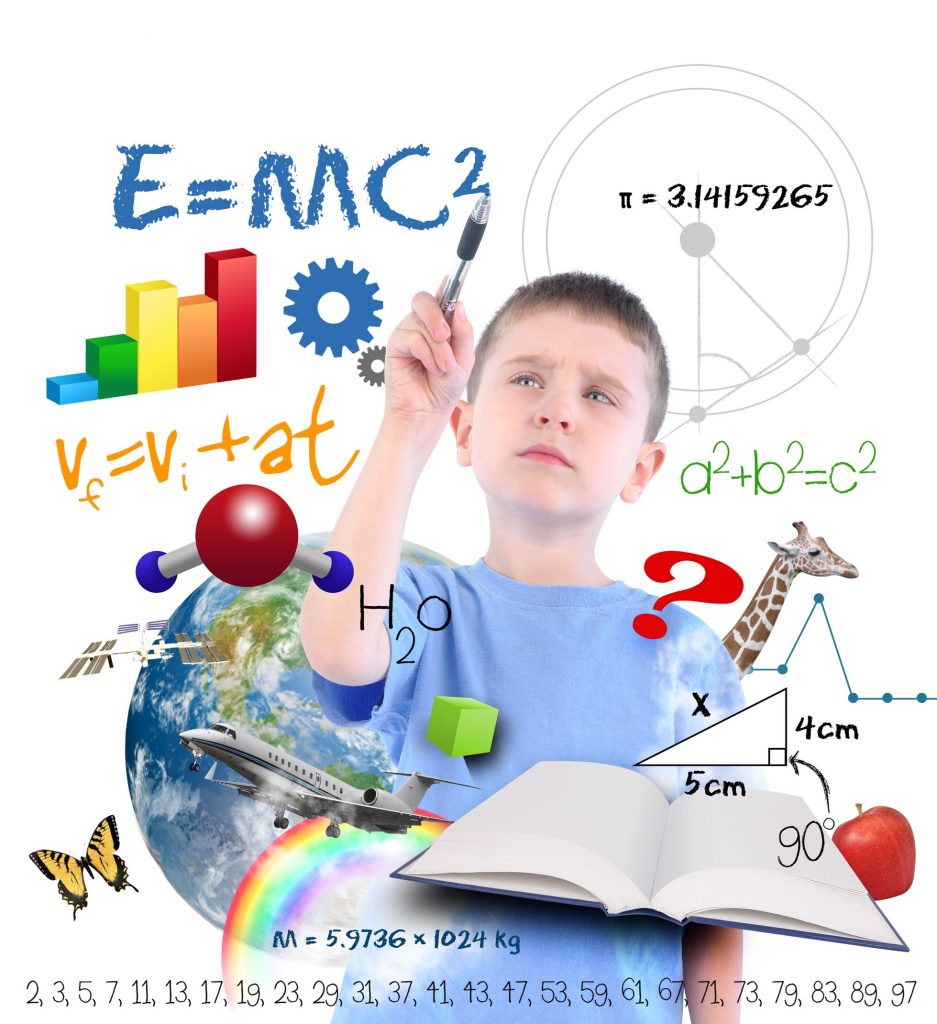A Different View on Successful Program Development
Article By: Michelle March, PhD
Article Date: 09/03/2010
There are many insightful elements of the developmental process individuals undergo across lifespan. Consequently, children diagnosed with Autism pectrum Disorders (ASD) and other learning disabilities are faced with additional challenges as they progress through the sequence of complex physical, psychological, educational, and social changes. Developmental Psychologists believe how individuals transition may inspire by a continuous or discontinuous process. As such, children may develop continuous, experiencing a process of gradual growth; whereas, others experience discontinuous development, presenting a series of transformations. Children diagnosed with ASD span varying degrees; therefore, such theoretical concepts should be integrated when developing treatment methods.
A variety of treatment programs are available to implement with children diagnosed with autism. However, many represent unsuccessful outcome. One might ask, is it the program, or the implementers? Over ten years of working with children and families of ASD and other learning disabilities; I listened, interacted, and observed, while developing a program which continues to demonstrate successful outcomes. Accordingly, the program is diverse, engages children under treatment to span primary environments including (a) home, (b) educational settings, and (c) other populated areas within the community. The underlying principle is to support the ongoing development of intellectual skills (i.e., attending, imitation, receptive and expressive communication, self-help, community, educational, and relationship skills) at varying levels, which emerge from previously learned substance, allowing cognition to develop into broader, and more complex patterns; relative to the childs level of need.
The reference of developmental theories of continuous or discontinuous development is important as this program is implemented with the idea of a dual application, in that it focuses on both processes of development. For instance, the accomplishment of one stage (beginning skill) is an opening for the emergence of the more complex (intermediate, advanced) stages, representing discontinuous development. In contrast, the process of cognitive development is seen as a continuous process, in that as the processing abilities within each set goal level becomes more efficient over time. As a result, combining differing theoretical concepts serves as a platform from which insightful, creative, reflective developmental therapists and educators can design and implement programs supporting the continued developmental process of children with ASD and other learning disabilities.
The program of choice is significant, but the way the program is developed and implemented to meet the child and families needs is fundamental to successful outcome. Presenting a program with diversity, continues to present as more effective, as each stage or level a child masters shifts the child to a new level, the child processes information in preparation to advance to the next level, creating continual rises in development and progression. Although developmental theories might say different things about a childs development it is how one develops, implements and teaches, aiding each individual child through the developmental process, while generalizing skills and integrating each child into society at an individual pace.





